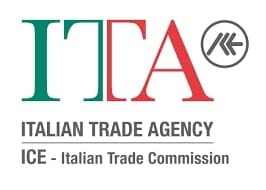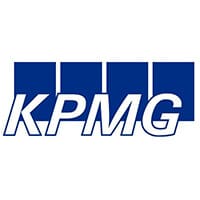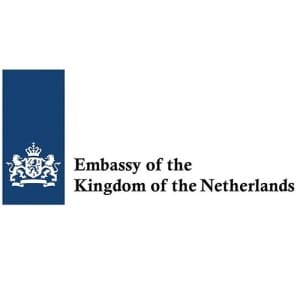
Who We Are
Who Owns Whom
Who Owns Whom (WOW) was established in 1980 as an independent organisation producing high quality, original research on African industry and business.
Our Solutions
WOW solutions inform key business functions
Market Intelligence and Strategy
Gain valuable insight into target industries, new opportunities and understand potential vertical and horizontal expansion opportunities.
Know Your Customer/Supplier
Corroborate information supplied by customers, prospective customers and suppliers.
Compliance and Risk
Independent third-party corroboration of ownership and statutory information
M&A, FDI and Private Equity
Identify, understand and monitor investment changes and opportunities across the African continent.
Learning Solutions
Use industry reports as a basis for an analysis of key success factors, pain points and competitive landscape of African industries.
Trusted by leading brands
Media
Most recent articles
Newsletters
Tariff turmoil
The US position on trade tariffs under the current administration has disrupted global trade patterns, which are currently being reset. Consulting economist Marthinus Havenga has recently completed a report on...
BlogCountries Human health and social work activitiesSouth Africa
South Africa’s Healthcare Challenges and the Future of Universal Health Coverage
Contents [hide] Healthcare is a vital cog in any economy. When the nation’s workforce is healthy, there is more economic activity, businesses do well with less absenteeism and highly productive...
Newsletters
AI and WOW
AI and WOW As mentioned in previous communications, we have conducted extensive testing with AI for user experience and research, with mixed results. However, AI is here to stay and...
BlogCountries ManufacturingSouth Africa
South Africa’s Plastic Manufacturing Industry: Innovation, sustainability and investment opportunities
Contents [hide] Plastic is a versatile, cost-effective, and useful product with a wide array of applications in almost every industry, from food to transportation, packaging, and manufacturing. Technological innovations and...
BlogCountries MozambiqueSouth Africa
Petroleum in Mozambique: powering growth and energy security
Contents [hide] Clean energy and environmental concerns are taking the spotlight globally, with the move to electric vehicles taking centre stage. It is reportedly near the end for petroleum as...
BlogCountries South AfricaTransportation and storage
South Africa’s Rail at a Crossroads: Fixing Transnet to Drive Industrial Growth
Contents [hide] In the late 18th century, the steam engine, used in locomotives, was a foundational driver of the Industrial Revolution, stimulating the mass production of goods and facilitating the...
Mining and quarryingSouth Africa
South Africa’s mining decline and its impact on economic growth
Read MoreConstructionSouth Africa
The boom and bottleneck in South Africa’s building installation industry
Read More










































































